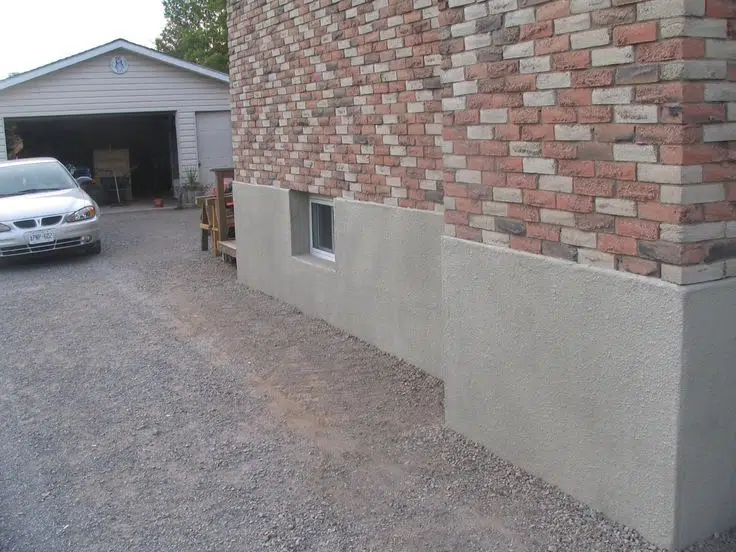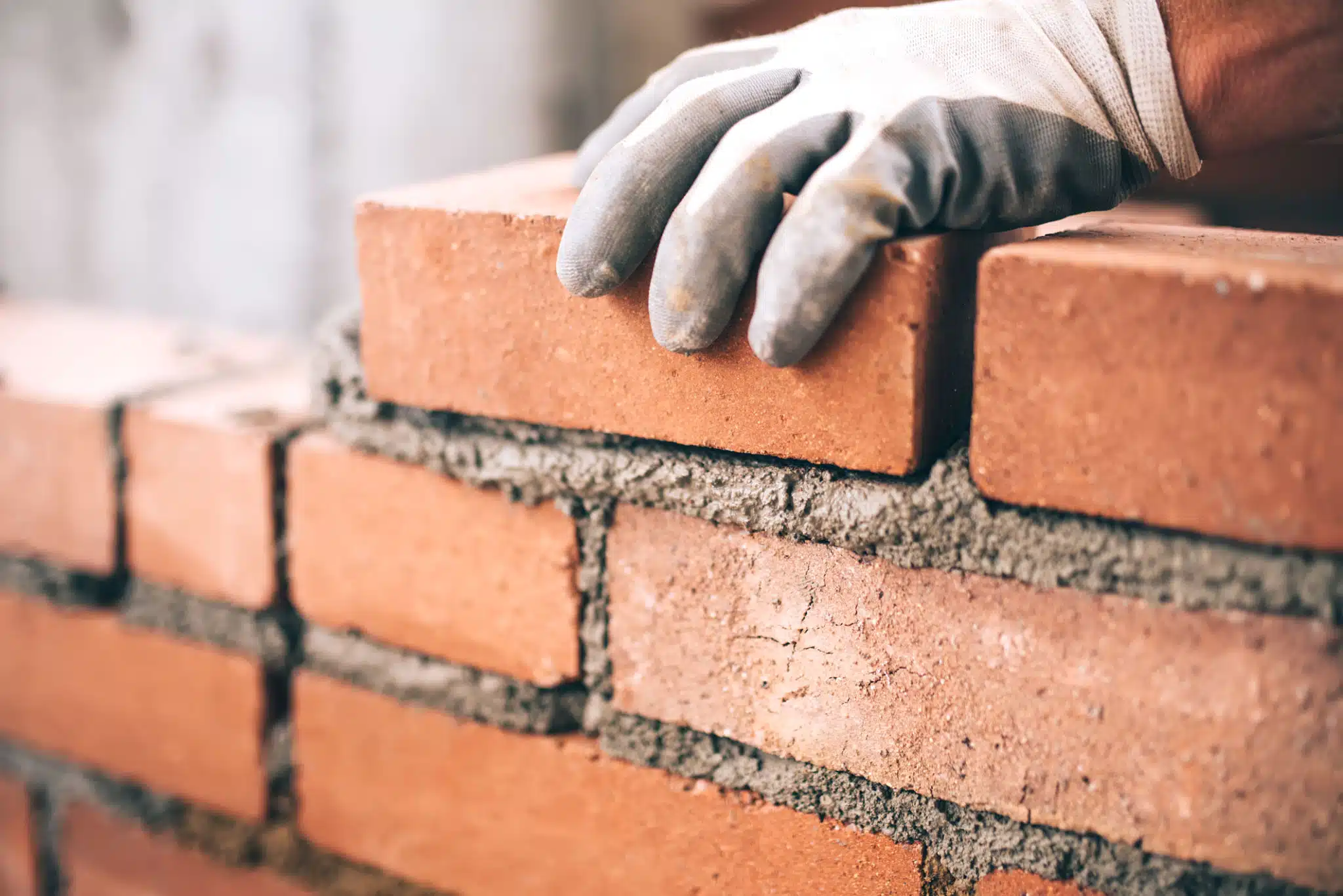Your garage is more than just a place to park your car; it’s an integral part of your home’s structure and curb appeal. When the brick on your garage starts to show signs of damage, it’s not just an aesthetic issue – it can lead to serious structural problems if left unaddressed. In this comprehensive guide, we’ll explore everything you need to know about damaged brick on garages, from identifying the issues to professional repair solutions and preventive measures.
1. Introduction
Addressing damaged brick on your garage is crucial for maintaining the integrity and value of your home. Neglecting brick damage can lead to more extensive problems, potentially compromising the safety of your property and resulting in costly repairs down the line. At Fix My Brick, we understand the importance of timely and effective brick repair. With years of experience in masonry repair, we’re here to guide you through the process of identifying, repairing, and preventing brick damage on your garage.
2. Common Causes of Brick Damage on Garages
Understanding the root causes of brick damage is essential for effective repair and prevention. Here are the most common culprits:
- Vehicle impact: Accidental collisions with garage walls can cause immediate and severe damage to bricks.
- Water damage and moisture issues: Prolonged exposure to moisture can lead to deterioration of both bricks and mortar.
- Foundation settlement: Shifts in the foundation can cause stress on the brick structure, resulting in cracks and misalignment.
- Freeze-thaw cycles: In colder climates, water that seeps into bricks can freeze and expand, causing cracks and spalling.
- Poor initial construction or materials: Subpar workmanship or low-quality materials can lead to premature deterioration and structural issues.
3. Identifying Damaged Brick on Your Garage
Early detection of brick damage is key to preventing more serious issues. Here’s what to look for:
Visual signs of brick damage:
- Cracks in bricks or mortar joints
- Flaking or crumbling of brick surfaces
- Discoloration or staining
- Bulging or bowing walls
- Gaps between bricks or mortar joints
Structural concerns:
- Misaligned doors or windows
- Uneven floors
- Cracks in the foundation
- Separation between the garage and the main house
When to worry about foundation problems:
If you notice any of the following, it’s time to consult a professional:
- Large, diagonal cracks in the brick walls
- Doors or windows that no longer close properly
- Visible gaps between the garage floor and walls
- Water pooling around the foundation
4. Types of Brick Damage on Garages
Different types of brick damage require specific repair approaches. Here are the most common issues you might encounter:
Cracked bricks:
Cracks can occur due to settling, impact, or freeze-thaw cycles. Small cracks may be repairable, while larger ones might require brick replacement.
Spalling:
This occurs when the face of the brick flakes off, often due to moisture penetration and freeze-thaw cycles. Spalling bricks usually need to be replaced.
Mortar deterioration:
Over time, mortar can erode or crack, compromising the structural integrity of the wall. This issue is typically addressed through repointing.
Efflorescence:
White, powdery deposits on brick surfaces indicate water penetration and mineral buildup. While not structurally damaging, it’s a sign of moisture issues that need addressing.
Bulging or bowing walls:
This serious issue can be caused by water damage, foundation problems, or poor construction. It requires immediate professional attention to prevent collapse.
5. DIY Repair Options for Minor Brick Damage
For small-scale repairs, a DIY approach might be suitable. However, it’s crucial to assess the extent of the damage before attempting any repairs yourself.
When DIY is appropriate:
- Small cracks in mortar joints
- Minor chipping or spalling on individual bricks
- Cleaning efflorescence
Tools and materials needed:
- Chisel and hammer
- Mortar mix
- Trowel
- Wire brush
- Protective gear (gloves, safety glasses)
Step-by-step guide for minor repairs:
- Clean the damaged area thoroughly with a wire brush.
- Remove any loose mortar or brick pieces.
- Mix the mortar according to manufacturer instructions.
- Apply the mortar to the damaged area using a trowel.
- Smooth the surface and allow it to dry completely.
- Clean any excess mortar from the brick surface.
6. Professional Repair Solutions for Damaged Garage Bricks
For more extensive damage or if you’re unsure about DIY repairs, it’s best to call in the professionals.
When to call a professional:
- Large cracks or multiple damaged bricks
- Structural issues like bulging walls
- Extensive water damage
- Foundation-related problems
Overview of repair techniques:
Professional masons use a variety of techniques to repair damaged brick, including:
Brick replacement:
This involves removing damaged bricks and replacing them with new ones that match the existing wall.
Repointing:
The process of removing and replacing deteriorated mortar in the joints between bricks.
Structural reinforcement:
For more serious issues, professionals may use techniques like wall anchors or steel bracing to stabilize the structure.
7. Cost Considerations for Garage Brick Repair
The cost of repairing damaged brick on your garage can vary widely depending on several factors:
Factors affecting repair costs:
- Extent and type of damage
- Size of the affected area
- Accessibility of the damaged section
- Quality of materials used
- Local labor costs
Average cost ranges for different types of repairs:
- Minor mortar repairs: $200 – $500
- Brick replacement (small area): $500 – $1,000
- Extensive repointing: $1,000 – $3,000
- Structural repairs: $3,000 – $10,000+
Note: These are rough estimates and can vary significantly based on your specific situation. Always get multiple quotes from reputable contractors for accurate pricing.
8. Preventing Future Brick Damage on Your Garage
Taking preventive measures can save you time, money, and stress in the long run. Here are some tips to keep your garage’s brick in top condition:
Regular maintenance tips:
- Inspect your garage walls regularly for signs of damage.
- Clean gutters and ensure proper drainage away from the foundation.
- Trim vegetation away from the walls to prevent moisture retention.
- Address any cracks or damage promptly, no matter how small.
Waterproofing solutions:
Applying a waterproof sealant to your brick can help prevent moisture penetration. This should be done by professionals to ensure proper application and effectiveness.
Addressing underlying issues:
If you’ve experienced recurring brick damage, it’s crucial to identify and address the root cause. This might involve:
- Improving drainage around your property
- Addressing foundation issues
- Upgrading gutters and downspouts
- Installing protective barriers in areas prone to vehicle impact
9. Conclusion
Maintaining the brick on your garage is essential for preserving your home’s structural integrity and aesthetic appeal. By understanding the causes of brick damage, identifying issues early, and taking appropriate action – whether through DIY methods or professional repairs – you can ensure your garage remains in excellent condition for years to come.
Remember, timely repairs and regular maintenance are key to preventing small issues from becoming major problems. If you’re unsure about the condition of your garage’s brick or need professional assistance, don’t hesitate to reach out to the experts at Fix My Brick. Our team of experienced masons is ready to provide a thorough assessment and develop a customized repair plan to address your specific needs.
Don’t let brick damage compromise the safety and value of your home. Contact Fix My Brick today for a professional assessment and expert repair solutions tailored to your garage’s unique needs.
\n\n\nWhat is your return policy?
You can return any item within 30 days of purchase for a full refund.
How long does shipping take?
Shipping typically takes 5-7 business days, depending on your location.
Do you offer international shipping?
Yes, we offer international shipping to select countries. Please check our shipping policy for details.
How can I track my order?
You will receive a tracking number via email once your order has been shipped, which you can use to check its status online.
What payment methods do you accept?
We accept all major credit cards, PayPal, and Apple Pay.



